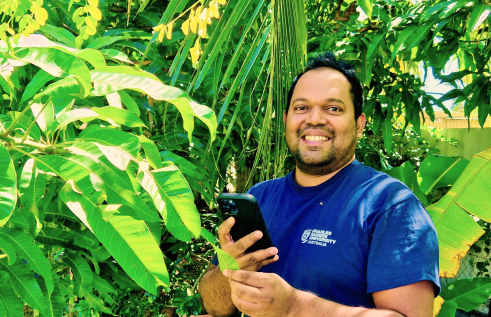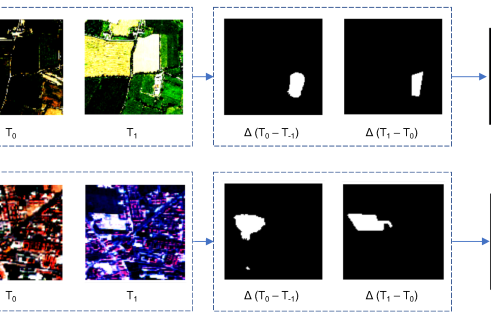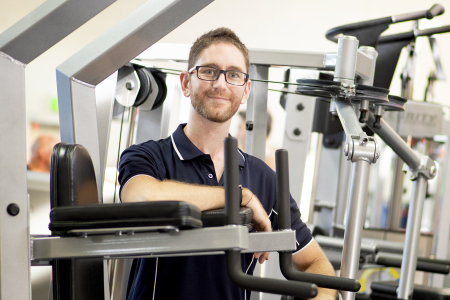News Article
Spotlight on birthweight impact on sporting success
A Charles Darwin University PhD candidate is investigating the health status and sporting prowess of adults who were born underweight, as part of a project to develop a training approach that optimises gains for low birthweight people.
Tim Howarth, of the College of Health and Human Sciences, said currently there were no interventions for people born weighing less than 2.5kg, who later faced increased risk of chronic health problems. These health problems were driven by issues such as low muscle mass, increased body fat, increased stress hormones, reduced growth hormones, respiratory issues, and reduced aerobic and heartrate recovery.
“These people need something they can do to help themselves rather than just be told ‘you are low birthweight and you’re at higher risk’,” Mr Howarth said.
A pilot survey with Netball NT seeks to determine how birthweight has influenced players’ sporting journeys - what level they achieved in the sport and the injuries or health challenges they experienced along the way.
“It will be interesting to see if there is a distribution of people with low birthweight through certain sports, given that those decisions may have been influenced by weakness in certain areas, and what level of eliteness they achieved,” Mr Howarth said.
Results will inform a national survey that will examine how low birthweight affects choice of sport and various factors at play throughout players’ sporting careers.
Mr Howarth said he wanted to hear from people who had engaged in sports of any type, at any level, throughout their lifetime.
“The study will compare people born with low birthweight and those born in the normal weight range,” he said.
“We will look at changes in sporting engagement and level of competition between the two groups and what that means for longer term responses to exercise.”
Contact Mr Howarth at E: timothypaul.howarth@cdu.edu.au
Related Articles

Rooting out plant diseases: Are computers ready to run our farms?
Nature is still too complex for artificial intelligence (AI) modelling to be effective, but the tipping point is close, according to a new study that found the technology may still trip at the last real-world hurdle.
Read more about Rooting out plant diseases: Are computers ready to run our farms?
Tech on the treetops: How AI can protect forests
The Artificial Intelligence model was developed to detect changes in forest cover.
Read more about Tech on the treetops: How AI can protect forests
CDU expands successful Pathways to Politics for Women NT program to Alice Springs
A political pathways program that has helped shape the Northern Territory’s political landscape is expanding to Alice Springs.
Read more about CDU expands successful Pathways to Politics for Women NT program to Alice Springs
